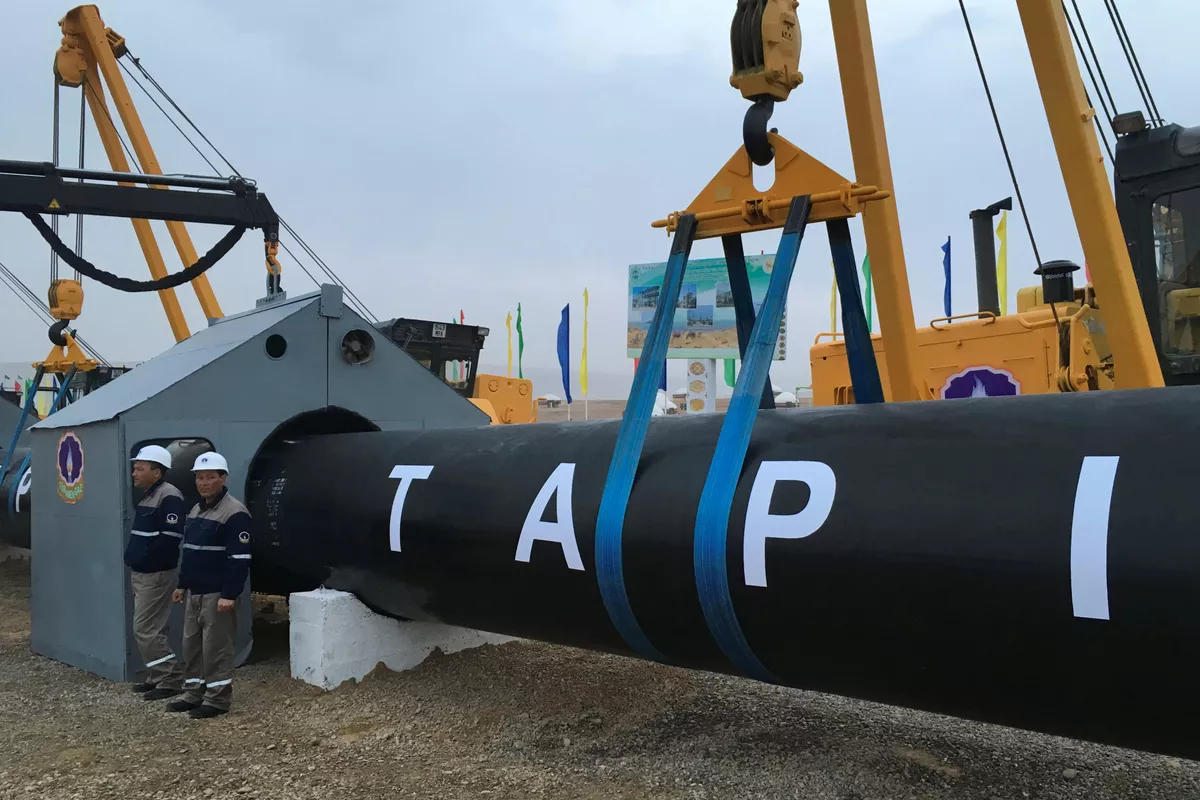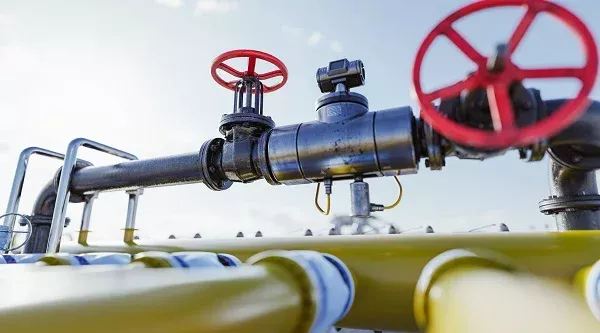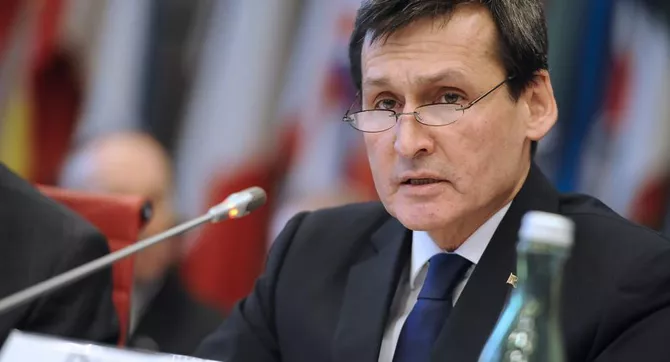
One of the key developments in August 2025 was a round of talks held between the Embassy of Turkmenistan in Pakistan and the country’s Ministry of Finance and Revenue. During the talks, both sides emphasized the need to accelerate the implementation of the TAPI project - the Turkmenistan-Afghanistan-Pakistan-India natural gas pipeline - which originates from Turkmenistan’s Galkynysh gas field.
The project envisions the annual supply of up to 33 billion cubic meters of Turkmen natural gas. Of the pipeline’s total length of approximately 1,800 kilometers, around 200 kilometers run through Turkmenistan, 773 kilometers through Afghanistan, and 827 kilometers across Pakistan. The topic was subsequently discussed by the representatives of the Embassy of Turkmenistan in Pakistan with counterparts from Austria and Germany. The German side noted that companies from the Federal Republic of Germany are showing strong interest in participating in infrastructure and energy projects initiated by Ashgabat, particularly those involving cooperation with Pakistan and Afghanistan.

In this context, the discussion extended beyond the TAPI pipeline to include the high-voltage power transmission project TAP (Turkmenistan-Afghanistan-Pakistan), which aims to ensure stable energy supply among the participating countries. According to forecasts, the development of this initiative is expected to significantly boost Ashgabat’s revenue from electricity exports. Preliminary estimates suggest that annual revenue from the project could reach $95-100 million. With the anticipated electricity transit to Pakistan, that figure could increase by up to 1.5 times.
As noted, the implementation of the project not only will enhance communication infrastructure but also create potential for future electrification of railway connections toward Pakistan.
This growing momentum in the Turkmenistan-Pakistan relations is, of course, far from coincidental. Overall, the developments in August can be seen as a continuation of the agreements reached between the foreign ministries of Turkmenistan and Pakistan during the 17th Summit of the Economic Cooperation Organization (ECO), held in Khankendi in July this year. Notably, the summit addressed several key details related to the TAPI project.
Notably, during the same summit, the TAPI project was also discussed between the Turkmen and Afghan delegations, who described it as a cornerstone of regional connectivity and development. Construction of the key section of the project-from Serhetabat in Turkmenistan to Herat in Afghanistan, encompassing energy, transport, communication, and logistics infrastructure began in autumn 2024. By that time, Ashgabat had already completed the Turkmen segment of the pipeline, fully preparing it for operation.
At the same time, electricity supplies from Serhetabat to Herat province began as part of the first phase of the TAP project. Simultaneously, construction of a fiber-optic communication line along the same route was launched. In parallel, a 177-meter railway bridge on the Serhetabat-Turgundi line (connecting Turkmenistan and Afghanistan) was commissioned, marking a significant milestone in regional transport infrastructure. As for the ECO Summit in Khankendi, during the Turkmenistan-Afghanistan talks, Afghanistan’s Deputy Prime Minister for Economic Affairs, Abdul Ghani Baradar, emphasized that Kabul has completed the development of the TAPI route map and is making every effort to ensure the smooth and uninterrupted implementation of the project within Afghan territory.

In response, Turkmen Foreign Minister Rashid Meredov requested his counterpart to provide a detailed route map to facilitate the completion of the remaining technical and operational phases of the project. Thus, the TAPI project has gained renewed significance, especially given the current importance of developing international transport corridors. Experts emphasize that Turkmenistan stands out as a crucial geographic hub-a bridge connecting Central Asia to Europe-while Pakistan is positioned as the direct southern gateway to the Indian Ocean.
According to the Turkmen sources, the TAPI project plays a strategic role not only in expanding export opportunities but also in ensuring regional energy security. The implementation of significant investment projects in Turkmenistan’s gas sector carries considerable economic importance and contributes to strengthening global energy security. These initiatives contribute to improving the socio-economic conditions of local communities by creating new jobs and stimulating economic growth in the regions hosting energy infrastructure projects.
Amid ongoing global geopolitical turbulence, the TAPI and TAP projects stand out as highly significant in terms of their future potential. Analysts believe that both initiatives could see further advancement during the upcoming investment forum and exhibition, TIF 2025, scheduled for September 18-19 in Ashgabat. This event is expected to serve as a key international platform for attracting investments into Turkmenistan’s economy.
Share on social media